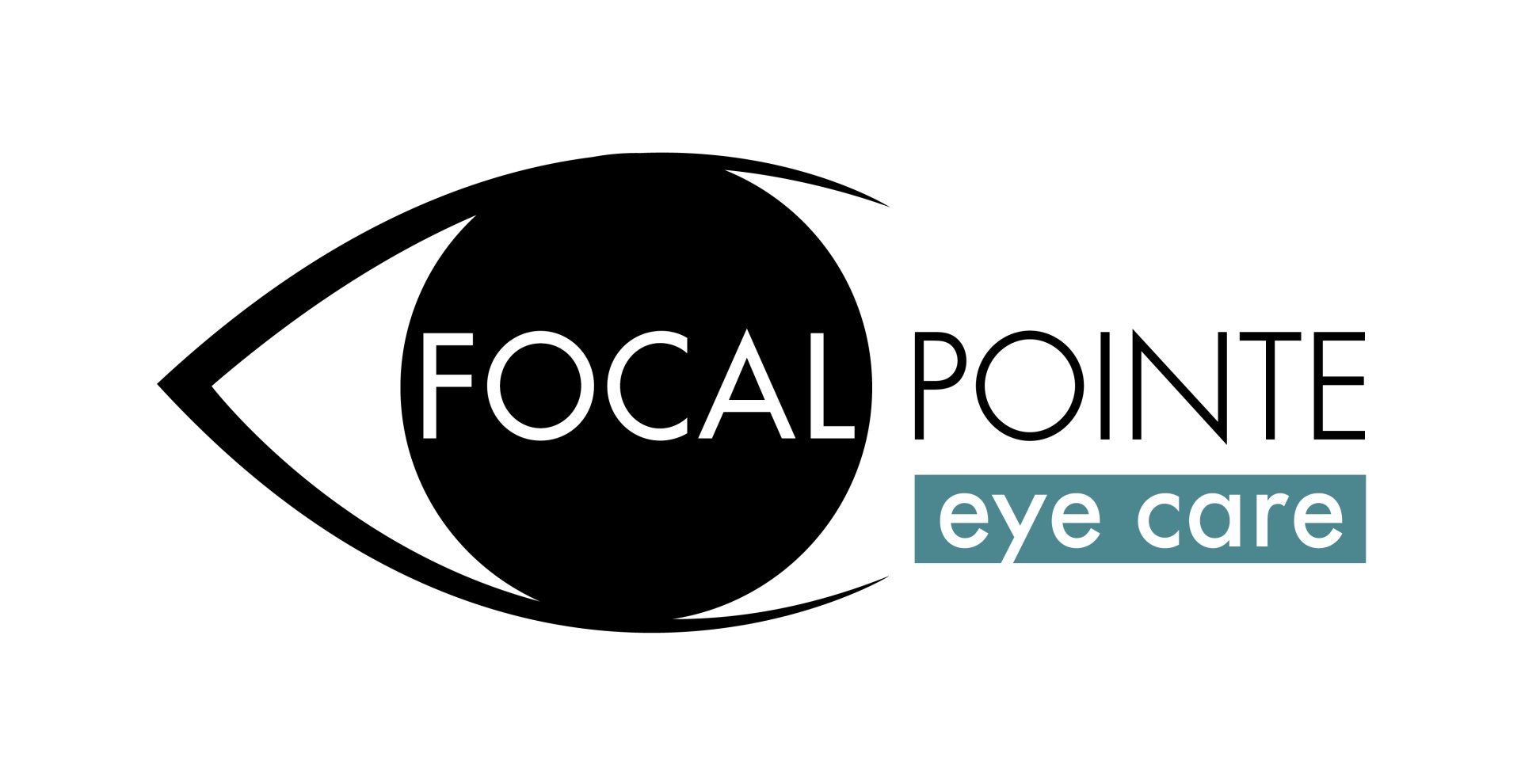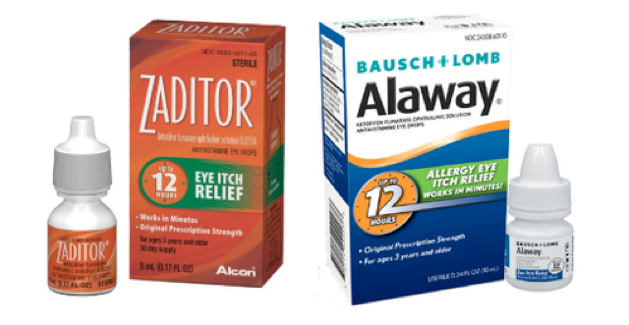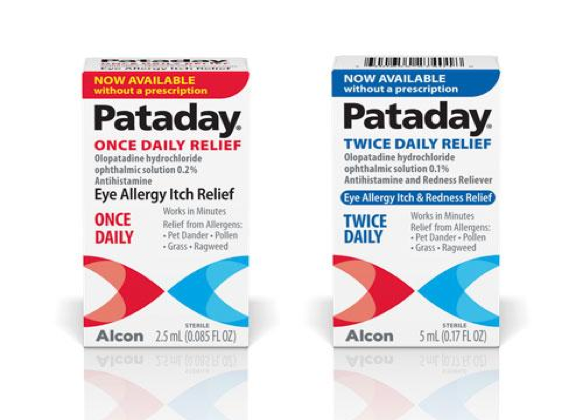Suffering from eye allergies in Southwest Ohio? Here's what you need to know.
Focal Pointe Eye Care

Oh yes, it is officially springtime in Cincinnati and with that that comes the dreaded start of allergy season. It comes around every year like clockwork and brings all kinds of uncomfortable symptoms that make it difficult to enjoy the change in weather and time outdoors. Most are aware that seasonal allergies cause symptoms like a runny nose or sneezing, but the eyes can also be affected. Today, I would like to specifically review ocular (eye) allergies, the symptoms you should expect, and the best way to manage the condition.
What causes eye allergies?
Eye allergies are caused by an immune reaction to an offending agent. Your body’s defense mechanism is to release histamine, which is a chemical that causes swelling and inflammation. The most common triggers for many of us include tree, grass, and ragweed pollen. Common indoor allergens include mold, dust mites, and animal dander.
How can I tell if I have eye allergies?
There are three common symptoms associated with ocular allergies: itching, redness, and watering.
Itching is the most common of the three symptoms and is an important differentiating factor. The location of the itching sensation is very important
in ruling out other conditions with similar symptoms, such as blepharitis and possibly an infection.
With eye allergies, you’ll usually notice itching toward the corner of the eyes where stagnant tears filled with allergens and allergic mediators have collected. With blepharitis, you’ll notice itching along the eyelid.
What not to do for eye allergies
With treatment of ocular allergies, one of the biggest issues I see as an optometrist is the use of over the counter red eye solutions that neither address the problem nor relieve the symptoms. Visine and similar drops contain drugs that work by shrinking the blood vessels in the white part of the eye.
Prolonged use of these types of drops can cause those vessels to permanently enlarge, which can make your redness even worse. Use of these drops is not recommended for chronic use, especially for the treatment of eye allergies.
Getting relief for eye allergies
Topical antihistamine drops are very effective at relieving symptoms and many are available at your local drugstore. Zaditor, Alaway, and Pataday are the best over-the-counter options available currently. Pataday was previously available by prescription only, but recently became available to the public in early 2020.
Other options for eye allergy relief
Allergen avoidance, cool compresses, regular linen cleaning, and preservative-free artificial tears can also help with symptom relief. For contact lens wearers who suffer from chronic allergy symptoms, switching to a daily lens modality or using a hydrogen peroxide disinfection system can be very beneficial. What if my symptoms are more severe?
Conservative therapies are in some cases not enough to control allergy symptoms, especially for patients who have severe symptoms. In this case, additional therapies may be indicated. Ultimately, preventative measures and identification of the offending allergen are the most important steps in controlling your allergy symptoms. Allergen testing can be very helpful in determining your specific allergies.
If you’re concerned that you may be suffering from ocular allergies and you’ve already tried the aforementioned strategies, please contact your eye care provider for further evaluation. You can also find more information including a video from Dr. Charry on our Eye Allergies
page.
If you live in Southwest Ohio, consider contacting Focal Pointe Eye Care in West Chester. We can help end your suffering from eye allergies and get you back to enjoying life. Call or text us at 513-779-3937.




